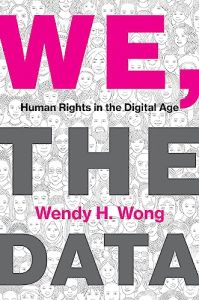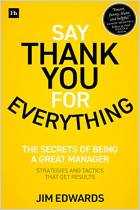Human life is being increasingly distilled into data points, yet few people know who is collecting their data and how they’re using it. Professor Wendy H. Wong offers critical insights into how “datafication” is transforming humanity and the social fabric, thus redefining the very nature of community. The socio-political choices that people make regarding datafication could influence how Big Data, AI and other technologies affect life on an individual and collective level, explains Wong in this compelling read. Learn how to become a “data citizen” by using your voice to protect your interests and humanity’s common future.
Individuals must shift from being “data subjects” to becoming “data stakeholders.”
People generate approximately one million terabytes of data every day, according to research from IBM. “Smart” devices – including phones, thermostats, refrigerators and TVs – collect information about your preferences, health, location, and more. The Big Tech companies control much of the world’s data, acting as “data collectors” while treating the public as passive “data subjects.” Individuals must empower themselves to take ownership of their role as co-creators of data, asserting their rights as “data stakeholders” or “data citizens.”
How people respond to the “datafication” of daily life – that is, the gathering and use of human-generated information – will shape humanity’s collective future. It’s time to hold the companies collecting your data accountable. As a data citizen, you should have the right to prevent firms from using your data in ways that don’t align with your best interests. It’s a mistake to view data-fueled technologies such as AI as “neutral” or to trust that businesses are using your data “for...
Wendy H. Wong is the award-winning author of Internal Affairs: How the Structure of NGOs Transforms Human Rights and the co-author of The Authority Trap: Strategic Choices of International NGOs. She’s also a political science professor at the University of British Columbia, Okanagan.


















Comment on this summary